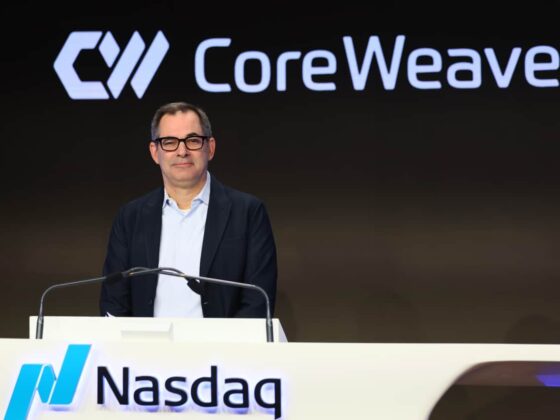Taiwan Semiconductor (TSM) is off to a strong start in 2025, with TSM stock climbing around 18% year-to-date (YTD). Surging demand for artificial intelligence (AI) chips and a solid first-quarter performance have helped fuel the rally, reinforcing the company’s position at the center of the semiconductor world.
With roughly 67% of the global foundry market and about 90% of advanced chip production under its belt, Taiwan Semiconductor remains a go-to manufacturer for cutting-edge chips. The company’s deep ties with tech heavyweights — such as Nvidia (NVDA), Apple (AAPL), Broadcom (AVGO), and Advanced Micro Devices (AMD), who count on it for manufacturing custom AI accelerators and graphics processing units (GPUs) — continue to be a major growth driver.
In fact, the stock received a fresh vote of confidence on July 1, when Needham raised its price target to a Street-high $270, citing strong AI-driven growth prospects in the upcoming years. That being said, can the stock continue to rise and reach that ambitious target by 2025?
Founded in 1987, Taiwan Semiconductor was the first to establish the pure-play foundry model and has remained the world’s top dedicated semiconductor foundry ever since. The company operates globally across Asia, Europe, and North America. In 2024 alone, Taiwan Semiconductor delivered nearly 12,000 products to over 500 customers, highlighting its broad capabilities in advanced, specialty, and packaging services.
Commanding a hefty market capitalization of almost $1.2 trillion, shares of the chip giant have performed well this year, outperforming the broader S&P 500 Index’s ($SPX) 5.9% return in 2025. Even more impressive, TSM is up 37% over the past three months, easily beating the broader market’s 10% return.
Taiwan Semiconductor kicked off fiscal 2025 on a high note, delivering standout first-quarter results on April 17. Revenue soared 35% year-over-year (YOY) to $25.5 billion, edging past Wall Street expectations. Even more impressive, net income jumped 60% to nearly $11 billion. This growth was powered by the booming demand for its advanced 3-nanometer and 5-nanometer nodes.












